Lung Cancer: Causes, risk factors and prevention of Lung Cancer
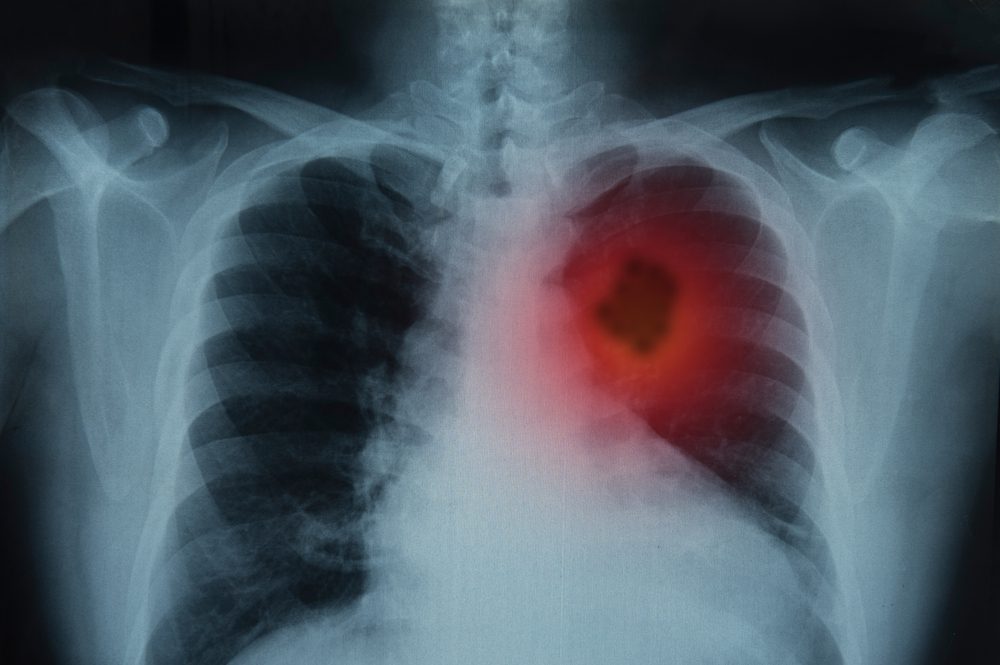
Lung Cancer: Causes, risk factors and prevention of Lung Cancer
- onco
- July 14, 2021
Lung cancer mostly occurs in older adults. The average age at the time of diagnosis of Lung Cancer is around 70. People who have exposure to tobacco smoke and a few chemicals can greatly increase the risk of getting lung cancer. Studies state more than 90% of all lung cancer cases are due to cigarette smoking, inhaling harmful, cancer-causing substances, or carcinogens, damages the cells that line the lungs. Examples of such carcinogens are cigarette smoke, asbestos and radon.
Asbestos is anmanufacturing material, which is used in construction for insulation and as a fire retardant. When the material is moved, small fibers become airborne and can be inhaled. One is at a greater risk for developing lung cancer if exposed to asbestos on a regular basis.Radon is a gas, which happens naturally with the breakdown of uranium in rocks and soil. It’s odorless, colorless, and tasteless. It is difficult to detect and one could be exposed without knowing it.
At first, the body is able to repair itself, but with recurrent exposure the cells getmore and more damaged. After some time, the cells start acting abnormally and grow irrepressibly. This is how the cancer starts. There are a few risk factor, which contribute to Lung Cancer such as smoking tobacco is the number one risk factor for lung cancer.
Tobacco smoke contain more than seven thousand chemicals, many of which are carcinogenic.Examples of carcinogenic chemicals contained in tobacco smoke are carbon monoxide and nitrogen oxide.
Smoking a cigarette instantly triggers a change in lung tissue. Initially, the body may be able to repair the damage, but its ability to repair lowers as exposure continues. The more frequent and the longer people smoke, the greater are the chances for developing lung cancer. Often radiation therapy, which is used to treat other cancers like non-Hodgkin’s lymphoma and breast cancer can also increase the risk and can be from the causes of lung cancer. This risk is much higher for smokers.
Even if people don’t smoke, being exposed to secondhand smoke can increase the risk of lung cancer. Studies state thatif a member in the immediate family has had lung cancer, one might have a slightly higher risk for developing this disease.
This heightened risk is true even if you don’t smoke. It’s not clear if the genetics causes lung cancer or merely increases a persons susceptibility to it.
A balanced diet gives the body essential vitamins and minerals it needs to maintain good health.
One should eat a diverse mix of healthy foods, including fruits and vegetables, if not, you may have an increased risk of lung cancer. This is extremely important if you smoke.
Lung cancer can’t always be prevented. One of the best ways to prevent lung cancer is to not smoke or to quit smoking if you do.Reducing exposure to diesel exhaust and radon can also help in preventing lung cancer.
Consuming a diet rich in fruits and vegetables and getting enough vitamins and minerals can help improve the overall health, which can assist in preventing lung cancer.
Talk to leading oncologists at Oncoplus Hospitals, Defence Colony, New Delhi, which is one of the best cancer hospitals in Delhi if you believe you may be at risk for lung cancer or are experiencing any of its symptoms; a cough (often with blood), chest pain, wheezing and weight loss. These symptoms often don’t appear until the cancer is advanced.

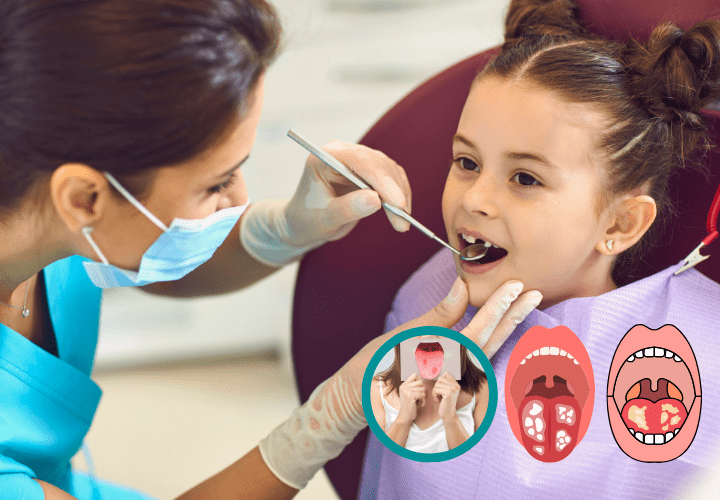
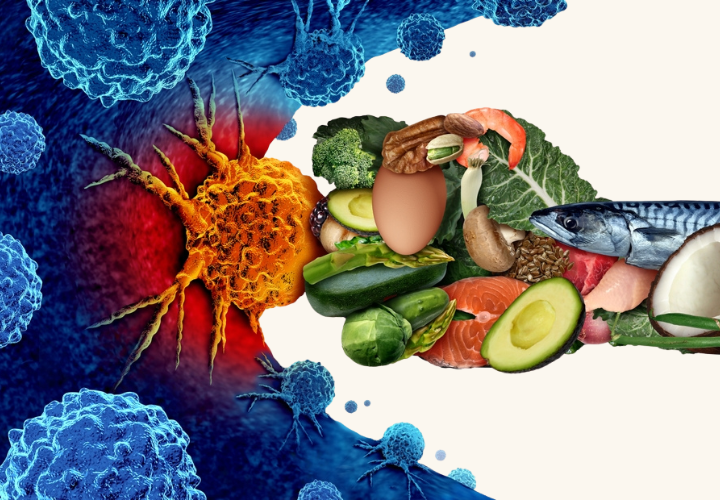
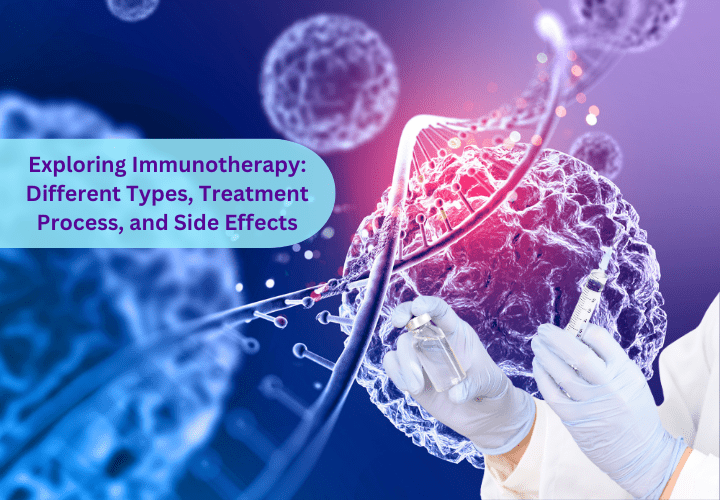
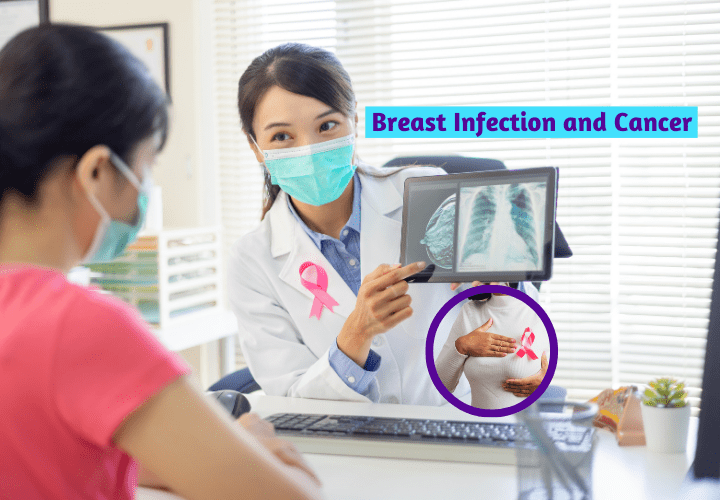
Leave a Reply